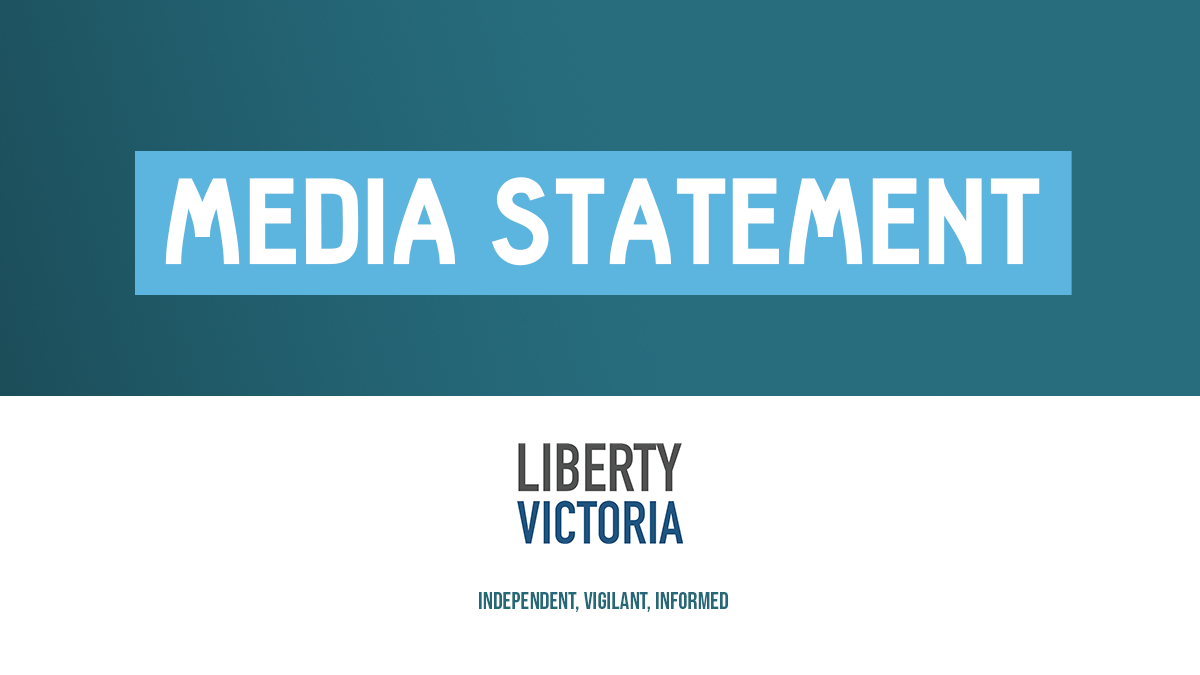A comment from Michael Stanton - What Does Australian Citizenship Even Mean Any More?
The Right Honourable Tony Benn MP once famously remarked ‘the way a government treats refugees is very instructive because it shows you how they would treat the rest of us if they thought they could get away with it’.
Twenty years after the Tampa affair, and the criminalisation of people seeking asylum attempting to enter Australia, Benn’s words ring true. For the first time in our history, through wars and plagues, the Australian Government proposes to criminalise its citizens seeking to return home with penalties of up to 5 years’ imprisonment or fines of $66,000. During a global pandemic. Of course this doesn’t apply to all Australian citizens, but only those who are seeking to return who have recently been to India. Our citizenship now comes with an exclusion clause.
The lawfulness of this unprecedented measure is likely to be tested, including its constitutionality. Section 477 of the Biosecurity Act 2015 (Cth) requires any such direction given by the Health Minister to be appropriate and adapted to achieve its purpose and no more restricted or intrusive than is required in the circumstances.[1]
It is plain that such an approach is (yet another) breach of Australia’s obligations at international law, and in particular Article 13 of the Universal Declaration of Human Rights, a document drafted by nations including Australia at a time that Doc Evatt was president of the General Assembly. Article 13(2) provides that ‘[e]veryone has the right to leave any country, including his own, and to return to his country’.
Of course that provision was forged in a different time, when people in Western Countries had lived experience of the ravages of authoritarianism and when Australia was an international leader in human rights, not an emerging pariah.
This latest announcement by the Morrison Government marks the logical next step in Australian political rhetoric and hard-line policy, where ‘exceptional circumstances’ have been repeatedly used to erode foundational legal norms. We indefinitely detain people supposedly to stop the scourge of people drowning at sea; we have permitted Australian citizenship to be stripped from those engaged in terrorism; we permit vast incursions into our privacy by the State in the name of national security; and we now treat our own citizens who want to return home as criminals.
Organisations such as Liberty Victoria have repeatedly warned of the consequences of eroding foundational legal norms in exceptional cases. Such norms can prove to be brittle, and as they are stretched and then broken in outlier cases this then becomes the new normal.
Of course there is a racial dimension to this approach, and it would be naïve given Australia’s history to think otherwise. No such announcement seemed imaginable when it was the United States and the United Kingdom that had the virus spiralling out of control.
It is clear that the allure of border politics and taking a hard-line response to the virus transcends party lines – as was demonstrated by the Andrews Labor Government with the ‘hard lockdown’ of the public housing towers in July last year. It now repeats itself with this latest Coalition epiphany. It seems impossible that such measures would have been imposed on other more privileged communities, and it cannot be regarded as a proportionate response when there are other, less draconian responses that would still protect the health of Australians.
This should alarm us all, but perhaps most so Conservatives. The Conservative tradition is to be vigilantly protective of our foundational institutions and norms such as citizenship. The fact that self-proclaimed Conservatives have embraced this measure is concerning, but what is even more troubling is that our leaders would not be doing this unless it was politically advantageous. The myth of the Australian anti-authoritarian has never looked more exposed.
The response to all this will be wearily familiar. The politicians will double down, claiming exceptional circumstances, and deriding critics for risking our security. And another norm will fade away. Fortress Australia will be another step removed from the world around us, and just as we diminish our own citizenship, we become worse global citizens.
There will always be challenging circumstances and exceptional events. What matters when we are tested is how our norms hold, and how we can resist the allure of the tyranny of the majority. This virus presents a fundamental test of our national character, and it is worth considering what type of society we are willing to become in order to preserve safety at all costs.
Michael Stanton
Spokesperson for Liberty Victoria, Barrister at Brian Bourke Chambers
[1] http://www8.austlii.edu.au/cgi-bin/viewdoc/au/legis/cth/num_act/ba201515...

